Our Lady's Close
Upper Norwood
SE19 3FA
Science
Subjects
-
New List Item Write a description for this list item and include information that will interest site visitors. For example, you may want to describe a team member's experience, what makes a product special, or a unique service that you offer.
Art -
New List Item Write a description for this list item and include information that will interest site visitors. For example, you may want to describe a team member's experience, what makes a product special, or a unique service that you offer.
Drama -
New List Item Write a description for this list item and include information that will interest site visitors. For example, you may want to describe a team member's experience, what makes a product special, or a unique service that you offer.
English -
New List Item Write a description for this list item and include information that will interest site visitors. For example, you may want to describe a team member's experience, what makes a product special, or a unique service that you offer.
French -
New List Item Write a description for this list item and include information that will interest site visitors. For example, you may want to describe a team member's experience, what makes a product special, or a unique service that you offer.
Geography -
New List Item Write a description for this list item and include information that will interest site visitors. For example, you may want to describe a team member's experience, what makes a product special, or a unique service that you offer.
History -
New List Item Write a description for this list item and include information that will interest site visitors. For example, you may want to describe a team member's experience, what makes a product special, or a unique service that you offer.
ICT & Computer Science -
New List Item Write a description for this list item and include information that will interest site visitors. For example, you may want to describe a team member's experience, what makes a product special, or a unique service that you offer.
Latin -
New List Item Write a description for this list item and include information that will interest site visitors. For example, you may want to describe a team member's experience, what makes a product special, or a unique service that you offer.
Mathematics -
New List Item Write a description for this list item and include information that will interest site visitors. For example, you may want to describe a team member's experience, what makes a product special, or a unique service that you offer.
Music -
New List Item Write a description for this list item and include information that will interest site visitors. For example, you may want to describe a team member's experience, what makes a product special, or a unique service that you offer.
Philosophy -
New List Item Write a description for this list item and include information that will interest site visitors. For example, you may want to describe a team member's experience, what makes a product special, or a unique service that you offer.
Physical Education -
New List Item Write a description for this list item and include information that will interest site visitors. For example, you may want to describe a team member's experience, what makes a product special, or a unique service that you offer.
Religious Education -
New List Item Write a description for this list item and include information that will interest site visitors. For example, you may want to describe a team member's experience, what makes a product special, or a unique service that you offer.
Science -
New List Item Write a description for this list item and include information that will interest site visitors. For example, you may want to describe a team member's experience, what makes a product special, or a unique service that you offer.
Science - KS3 Curriculum -
New List Item Write a description for this list item and include information that will interest site visitors. For example, you may want to describe a team member's experience, what makes a product special, or a unique service that you offer.
Spanish
Science
We live surrounded by technology and the products of scientific development, in an immensely complex natural world. Understanding Science, it is not only relevant but a necessity to be successfully engaged in everyday life. Understanding the scientific inquiry, method and having scientific skills gives pupils the ability to be problem solvers, critical thinkers, and informed decision makers.
“Nothing in life is to be feared it is only to be understood.” Marie Curie
My Learning at The Laurels
The Science lessons are designed to ignite the imagination, to inspire creativity and to encourage curiosity. Wherever you look, matter exists and in it, complex rules of interaction and quantum laws, weird and beautiful. The complexity of reality is so vast that we would not be able to crack all its wonders even if we lived one thousand years. For us, the microscopic is as fascinating as the macroscopic. The intricacy of one single living cell is as beautiful as the vast universe that extends in front of us, with its many galaxies and exotic worlds. Then there is what we do not know that exists. Constructs that we call dark matter and dark energy fill the observable universe and wonderful models tell us that there may be worlds made of the opposite stuff that makes us, antimatter. Understanding Science is not only fascinating but full of possibilities. It is, with this passion that we deliver our Science curriculum, and it is our aim that our pupils are inspired when study it.
Course Content
KS3
Years 7 to 9
In years 7 and 8, our pupils have 4 Science lessons a week and they are taught by specialist and experienced Science teachers covering the different topics from Biology, Chemistry and Physics, which we alternate throughout the year. From very early on, we emphasise Practical skills as these are very important in the discovery of Science. Skills and content-based learning are incorporated throughout the curriculum of Key Stages 3 to 5. Mathematical and scientific literacy is well embedded throughout and is implemented and assessed rigorously. For KS3 we follow the Activate program from Oxford University Press and pupils have access to its dedicated Kerboodle online and interactive learning platform.
KS4
Years 10 and 11
At KS4, during the preparation for the Science GCSEs, we give our students the chance to either sit the Double or the Single Sciences exams. We follow the AQA exam board specification and the curriculum is delivered by specialist teachers.
GCSE Combined Science or Separate Sciences
As part of the National Curriculum at Key Stage 4, Science is compulsory and we offer two possible routes. Combined Sciences: Trilogy, for two GCSEs or Separate Sciences, where pupils end up with three GCSEs, based on their independent performance in each one. The two different routes have much in common, and hence the pupils are taught together. There is a third option, of sitting Foundation exams to obtain lower grades for Combined Sciences.
Both paths (Combined and Separate, but not Foundation), allow pupils to progress to studying A-Level Biology, Chemistry or Physics.
GCSE Examination Board
- GCSE Combined Science: Trilogy – AQA
Course Content:
The course covers two thirds the content of GCSE Biology, Chemistry and Physics (Papers 1).
Links:
- https://www.aqa.org.uk/subjects/science/gcse/combined-science-trilogy-8464
- https://www.aqa.org.uk/subjects/science/gcse
- GCSE Biology – AQA
Course Content:
The course is arranged as 7 topics.
For Paper 1
- Topic 1: Cell biology
- Topic 2: Organisation of living organisms
- Topic 3: Infection and response
- Topic 4: Bioenergetics
For Paper 2
- Topic 5: Homeostasis and response
- Topic 6: Inheritance, variation and evolution
- Topic 7: Ecology
Links:
- https://www.aqa.org.uk/subjects/science/gcse/biology-8461
- GCSE Chemistry – AQA
Course Content:
The course is arranged as 10 topics.
For Paper 1
- Topic 1: Atomic structure and the periodic table
- Topic 2: Bonding, structure and the properties of matter
- Topic 3: Quantitative chemistry
- Topic 4: Chemical changes
- Topic 5: Energy changes
For Paper 2
- Topic 6: The rate and extent of chemical change
- Topic 7: Organic chemistry
- Topic 8: Chemical analysis
- Topic 9: Chemistry of the atmosphere
- Topic 10: Using resource
Link:
- https://www.aqa.org.uk/subjects/science/gcse/chemistry-8462
- GCSE Physics – AQA
Course Content:
The course is arranged as 8 topics.
For Paper 1
- Topic 1: Energy
- Topic 2: Electricity
- Topic 3: Particle model of matter
- Topic 4: Atomic structure
For Paper 2
- Topic 5: Forces
- Topic 6: Waves
- Topic 7: Magnetism and electromagnetism
- Topic 8: Space physics
Link:
Get more information
Thank you!
Please try again later.
CONTACT US
020 8674 7229
admissions@thelaurelsschool.org.uk
5 Our Lady's Close,
Upper Norwood, SE19 3FA
ABOUT
ACADEMICS


All Rights Reserved | The Laurels |
Web design by www.beardfish.co




